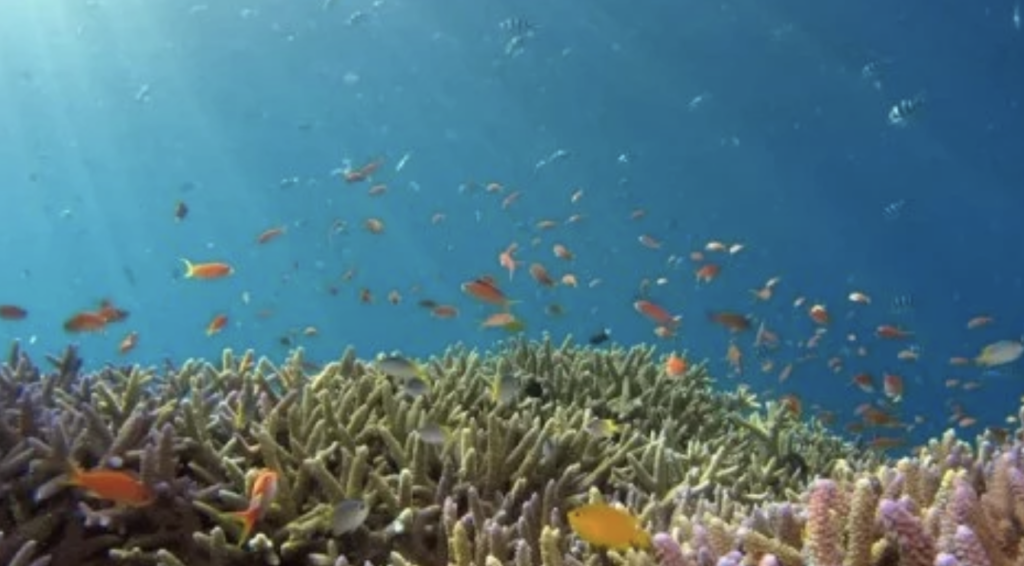
The Food and Agriculture Organization of the United Nations (FAO), together with CAF -development bank of Latin America-, the Asian Development Bank (ADB), the European Bank for Reconstruction and Development (BERD) and in a strategic alliance with the Intergovernmental Oceanographic Commission of UNESCO (IOC-UNESCO), will allocate up to US$115 million to help countries
With this contribution, the Integrated Program of Clean and Healthy Oceans will be launched, an initiative that aims to curb terrestrial pollution of the oceans through policies and regulatory innovation, investments in infrastructure and nature-based solutions.
It will also map terrestrial sources of ocean pollution to better understand the impacts on hypoxia and apply ocean science to develop solutions that improve human and ocean health.
Specifically, the program aims to improve sustainable practices in 200,000 hectares of landscapes and 14.3 million hectares of marine habitats. Additional objectives include reducing pollution and improving management in more than three large marine ecosystems and mitigating 5.6 million metric tons of greenhouse gas emissions.
The Director General of FAO, QU Dongyu, mentioned that transforming agri-food systems on land to transform agri-food systems in the seas is a beneficial solution for people and the planet.
“With the new Kunming-Montreal Global Biodiversity Framework and the growing drive to work beyond borders to protect marine biological diversity, this new partnership will take advantage of our strengths to safeguard our resources on land and underwater,” Dongyu said.
Meanwhile, Sergio Díaz-Granados, Executive President of CAF, indicated that the oceans face serious sustainability problems, mostly caused and accelerated by climate change, such as increasingly acidic and warm waters, rising sea level and overexploitation of marine populations.
“In Latin America and the Caribbean, marine ecosystems show a reduction in the abundance, density and coverage of coral and stocks of fish and marine fauna, changes in plankton and loss of wetland ecosystems,” he said.
Thanks for the article. Do you know who is the point of contact?